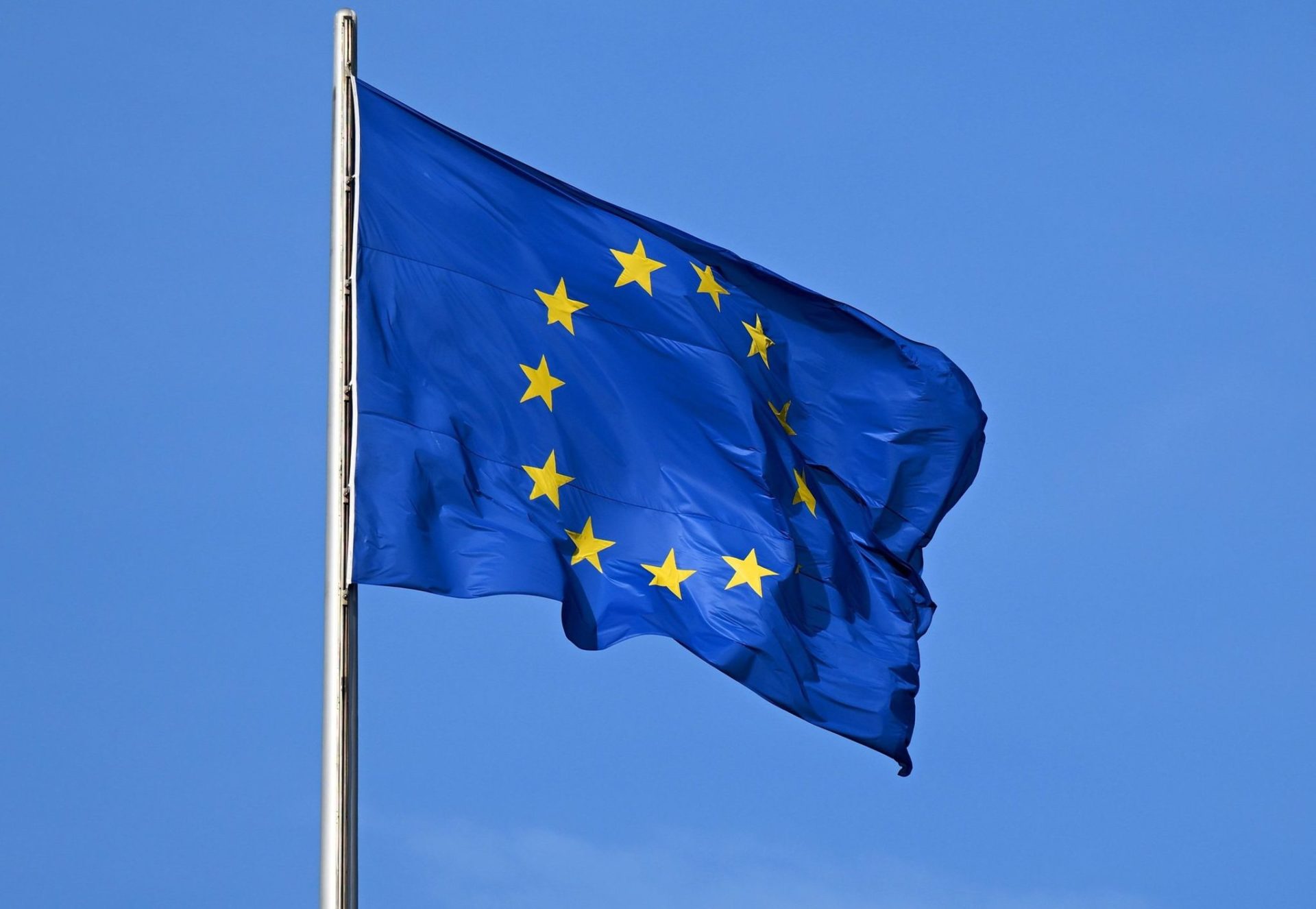 Have the article read by OpenAI (Beta). Please note that AI translations may take some time to process.
Have the article read by OpenAI (Beta). Please note that AI translations may take some time to process.Belgium to acquire European Commission offices worth 1 billion euros
Brussels (Belga) – The Federal Holding and Investment Company (SFPI-FPIM), the investment arm of the Belgian federal government, wants to take over 23 vacant European Commission buildings in Brussels, Belgian newspapers De Tijd and L’Echo reported on Thursday, based on sources involved in the discussions.
The Belgian federal government and the European Commission have been in exclusive negotiations for several months over a real estate deal worth about 1 billion euros. The Commission wants to get rid of most of the buildings it owns, accounting for 350,000 square meters of office space in prime locations in the city’s Leopold district.
Because a deal is in the works between a European institution and its host country, Belgium, the Commission does not have to organize a public tender. But the private sector will also play a role in the story. In a first phase, the SFPI will buy the buildings itself, but in a second phase it wants to tender the portfolio in tranches to renovate the buildings together with property developers. This will allow the FPIM to recover part of the estimated acquisition price of 1 billion euros.
The sale should help the Commission achieve its ambitious environmental goals. It announced in 2021 that it would abandon half of its 50 office buildings in Brussels by 2030 because of growing remote work and greening offices. It does seem likely that the Commission will rent offices in some renovated buildings. Both the SFPI and the Commission are unwilling to comment for now. (March 30)
Slovak Parliament approves country’s position on support for Ukraine
Bratislava (TASR) – In a vote on Wednesday, members of Slovakia’s parliament approved the position of the Slovak Republic on support for Ukraine in the context of the military aggression of Russia. The parliament also asked the government to respect this position at national level and in negotiations and votes in the institutions and bodies of the European Union.
The position shows that the Slovak Republic supports the provision of all-round assistance and support to Ukraine, which has an inalienable right to self-defense under the UN Charter in the event of an armed attack. With its position, Slovakia strongly condemns “the unprovoked and unjustifiable military aggression of the Russian Federation against Ukraine.”
The position also shows that Slovakia supports the sovereignty, independence and territorial integrity of Ukraine within its internationally recognized borders, as well as the sovereign right of Ukraine, its government and its citizens to decide on key issues for their future and national interest, including how and on what terms to settle the armed conflict and achieve a comprehensive, just and lasting peace.
The position also declares that Slovakia will proceed adequately in the formulation of European policy in the context of Russia’s military aggression against Ukraine and in the implementation of appropriate measures in the name of the stability and prosperity of its immediate neighborhood, the wider region and Europe. (March 30)
Farmers in Bulgaria protest over agricultural imports from Ukraine
Sofia (BTA) – Bulgarian grain farmers have launched a three-day national protest against the duty-free import of agricultural goods from Ukraine.
The country’s imports of sunflower seeds from Ukraine have increased 20-fold in a year, according to the Ministry of Agriculture. “No economy can withstand such pressure. We need measures linked to European legislation, because we cannot solve this problem in Bulgaria. I would like it to be made clear in Brussels that the countries that are closer to the conflict in Ukraine are paying a much higher price, and solidarity in Europe must also be with its own farmers. I hope that Europe will react quickly,” said Bulgarian Agriculture Minister Yavor Gechev.
Bulgaria produces about 2 million tons of sunflower seeds annually, no more than 5-10 percent of which have been sold so far, said the National Association of Grain Producers, the organizer of the protest.
At the end of last week, the European Commission approved the first amounts of aid for Bulgarian farmers because of the impact of Ukrainian agricultural imports. Sofia is demanding an increase in European compensation. Bulgaria will demand an additional 50 million euros as compensation, local media reported. In a report from the European Commission on the short-term outlook for EU agricultural markets in 2023, the Commission acknowledged that increasing imports of agricultural goods from Ukraine negatively impact the Bulgarian market. (28-29 March)
EU energy ministers in favor of extending gas cuts, with an exception for Slovenia
Brussels (STA) – The EU’s energy ministers reached a political agreement on Tuesday to extend the gas cut regulation until the end of March 2024. Between 1 April 2023 and 31 March 2024, the Member States will seek to reduce consumption by 15 percent compared to the average gas consumption between April 2017 and March 2022.
The ministerial agreement grants Slovenia an exception, because it will largely replace coal with gas in the electricity supply and district heating of Ljubljana, in line with its climate targets.
“The exception we have achieved is of great importance for us,” said Slovenian Energy Minister Bojan Kumer, who supported the extension of the regulation, on the sidelines of the meeting. Without this exemption, the savings Slovenia achieved between August 2022 and March 2023 would be offset, said Kumer.
This is a compilation of the European coverage of enr news agencies. It is published Tuesdays and Fridays. The content is an editorial selection based on news by the respective agency.
